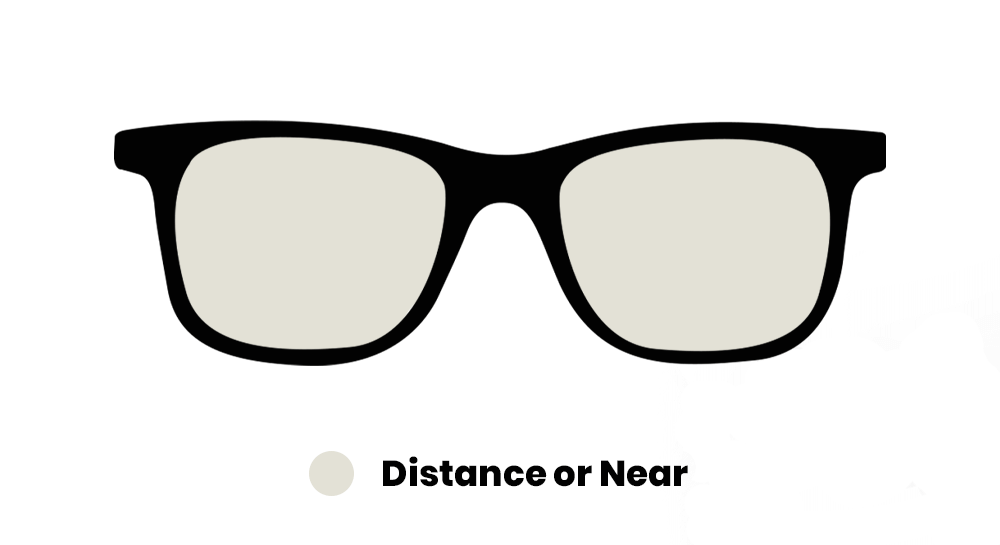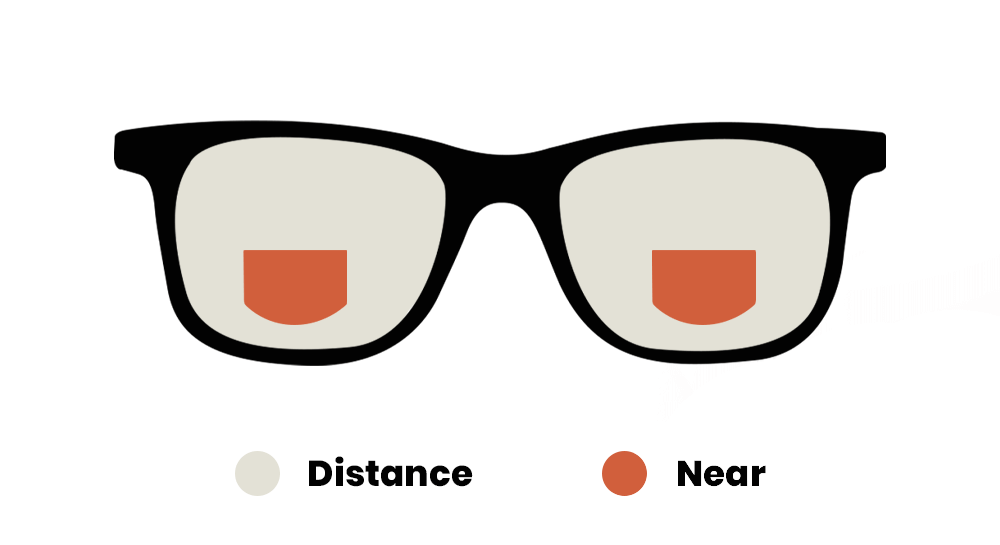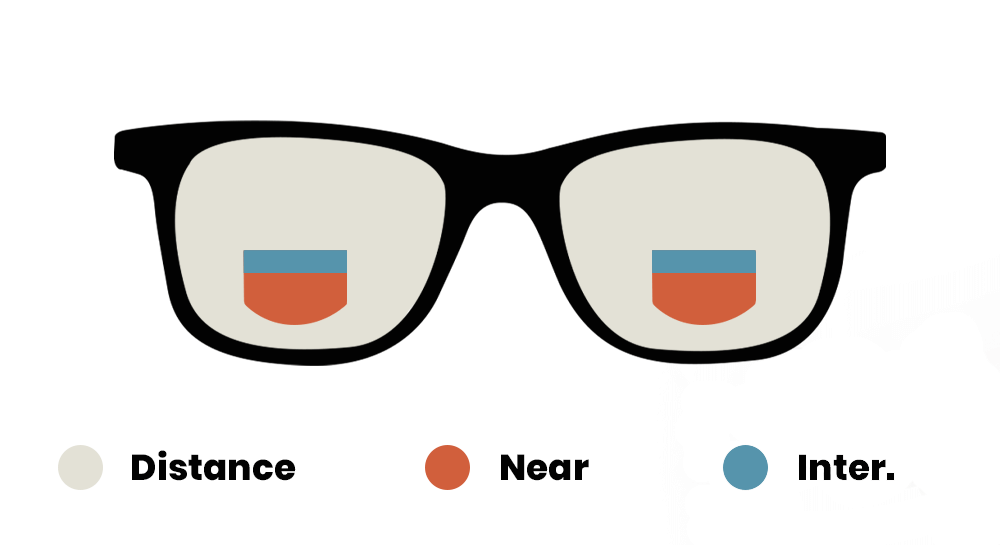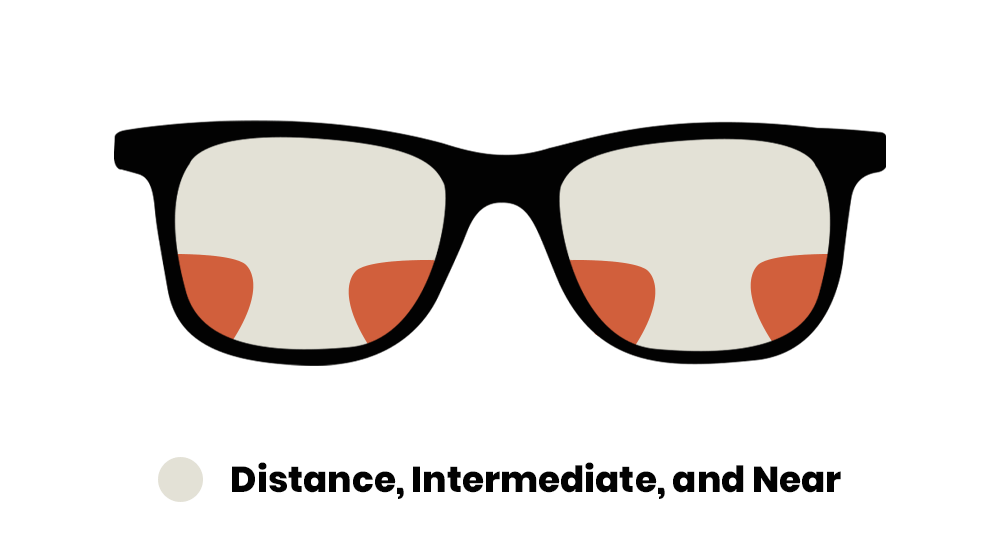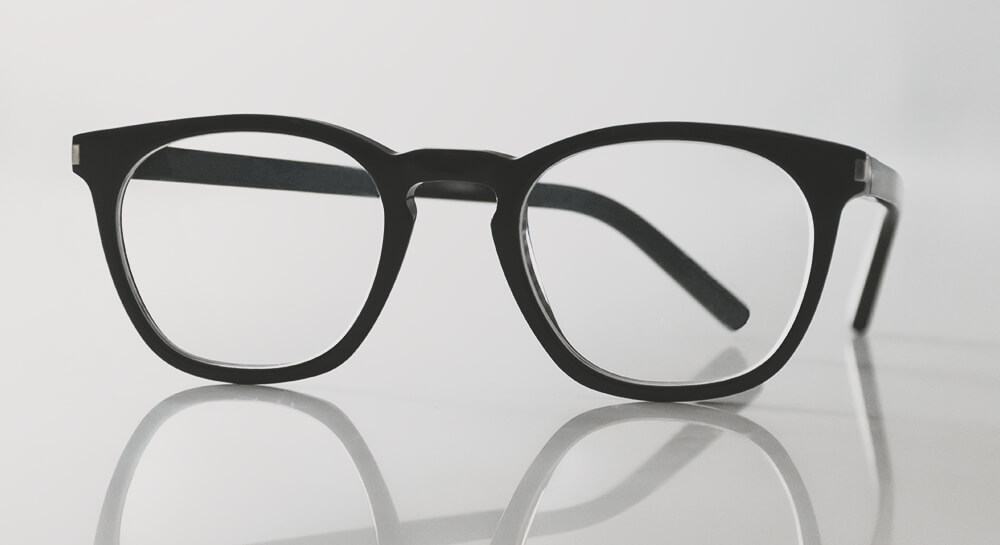When you receive an eye prescription after an exam, it’s natural to wonder how long it will remain valid. The duration of an eye prescription can vary based on several factors, including age, overall eye health, and local regulations.
Typical Validity Periods
- For Adults: Eye prescriptions for adults generally remain valid for one to two years. This time frame can depend on how stable your vision is and whether you have any ongoing eye health issues. If your vision is stable, your optometrist at Heartland Optical may extend the prescription’s validity to two years. However, if there are concerns about your eye health, your prescription may only be valid for one year.
- For Minors: For children and teenagers under 18, eye prescriptions are usually valid for one year. This shorter duration accounts for the fact that young people’s vision can change more rapidly as they grow.
Why Expiration Matters
Using an expired eye prescription to purchase glasses or contact lenses can lead to several issues:
- Incorrect Vision Correction: Over time, your vision may change, and an outdated prescription may no longer provide the correct vision correction, leading to eye strain or discomfort.
- Eye Health Monitoring: Regular eye exams do more than just update your prescription. They also allow your optometrist to monitor the health of your eyes and catch any potential problems early on.
Local Regulations
The validity of eye prescriptions can also be influenced by local laws and regulations. In some regions, the law may require prescriptions to expire after a certain period, even if your optometrist might otherwise recommend a longer duration.
It’s important to follow your eye care provider’s recommendations and have regular eye exams. Even if you think your vision hasn’t changed, these check-ups are essential for maintaining overall eye health. To ensure you’re seeing as clearly as possible, always use a current prescription when buying glasses or contact lenses.
For specific advice regarding your prescription, consult your optometrist or give Heartland Optical a visit at one of our Lincoln optometry locations.
Frequently Asked Questions About Eye Prescriptions
1. How long is an eye prescription valid for?
The answer is that an eye prescription is typically valid for one to two years for adults and one year for children. The exact duration can vary based on your vision stability and local regulations.
2. Can I use an expired eye prescription to buy glasses or contacts?
The answer is that using an expired eye prescription is not recommended. Vision changes over time, and an outdated prescription may lead to incorrect vision correction and potential eye strain.
3. Why do eye prescriptions expire?
The answer is that eye prescriptions expire to ensure that your vision correction is accurate and that your eye health is regularly monitored. Regular eye exams help catch any changes in your vision or eye health early.
4. What happens if my prescription expires before I get new glasses?
The answer is that if your prescription expires, you should schedule a new eye exam to obtain an updated prescription. This ensures that your new glasses or contacts will correct your vision properly.
5. How often should I have an eye exam?
The answer is that most adults should have an eye exam every one to two years. However, if you have specific eye health concerns or conditions, your optometrist may recommend more frequent exams.
State Laws on Contact Lens Prescription Validity
Here’s an accurate summary of state laws governing the minimum and maximum validity periods for contact lens prescriptions:
| State | Minimum Prescription Validity | Maximum Prescription Validity |
|---|---|---|
| Alabama | 1 year | Not given |
| Alaska | 1 year | Not given |
| Arizona | 1 year | 1 year |
| Arkansas | 1 year | 1 year |
| California | 1 year | 2 years |
| Colorado | 1 year | 1 year |
| Connecticut | 1 year | Not given |
| D.C. | 1 year | 1 year |
| Delaware | 1 year | 1 year |
| Florida | 2 years | 2 years |
| Georgia | 1 year | 1 year |
| Hawaii | 1 year | Not given |
| Idaho | 1 year | 1 year |
| Illinois | 1 year | 1 year |
| Indiana | 1 year | 1 year |
| Iowa | 1 year | 18 months |
| Kansas | 1 year | Not given |
| Kentucky | 1 year | 1 year |
| Louisiana | 1 year | 18 months |
| Maine | 1 year | 2 years |
| Maryland | 1 year | 2 years |
| Massachusetts | 1 year | Not given |
| Michigan | 1 year | Not given |
| Minnesota | 2 years | 2 years |
| Missouri | 1 year | Not given |










